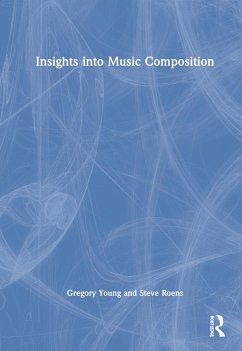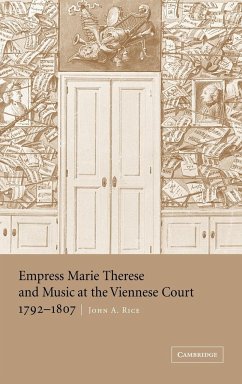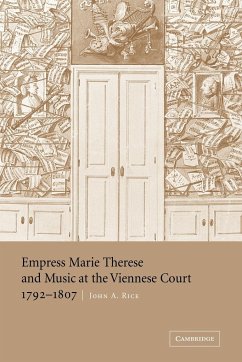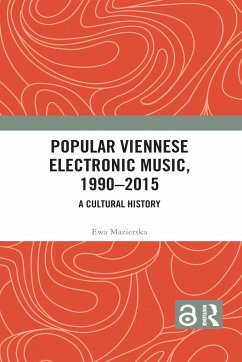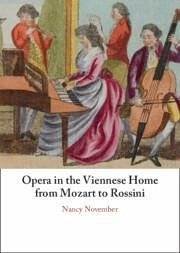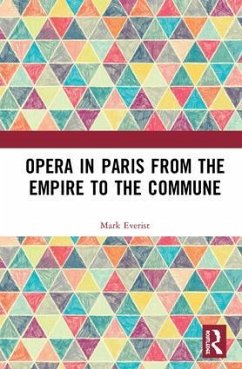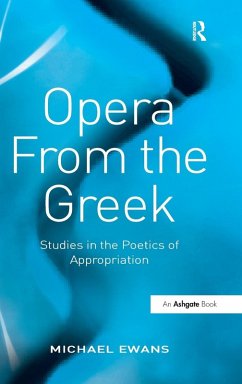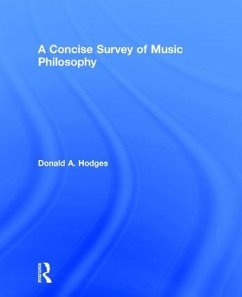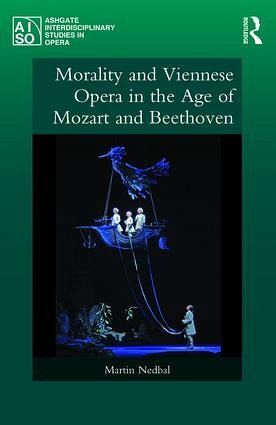
Morality and Viennese Opera in the Age of Mozart and Beethoven
Versandkostenfrei!
Versandfertig in 1-2 Wochen
178,99 €
inkl. MwSt.
Weitere Ausgaben:

PAYBACK Punkte
89 °P sammeln!
This book explores how the Enlightenment aesthetics of theater as a moral institution influenced cultural politics and operatic developments in Vienna between the mid-eighteenth and early nineteenth centuries. The idea that vernacular theater should cultivate the moral sensibilities of its German-speaking audiences became prominent during the reign of Empress Maria Theresa. The imperial government promoted good morals in theatrical performances through the institution of theater censorship, and German-opera authors cultivated intensely didactic works (such as Die Zauberflöte and Fidelio) that...
This book explores how the Enlightenment aesthetics of theater as a moral institution influenced cultural politics and operatic developments in Vienna between the mid-eighteenth and early nineteenth centuries. The idea that vernacular theater should cultivate the moral sensibilities of its German-speaking audiences became prominent during the reign of Empress Maria Theresa. The imperial government promoted good morals in theatrical performances through the institution of theater censorship, and German-opera authors cultivated intensely didactic works (such as Die Zauberflöte and Fidelio) that eventually became the cornerstones for later developments of German culture.





